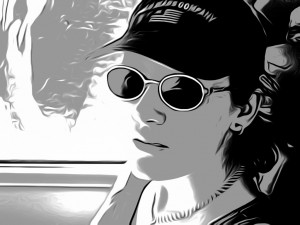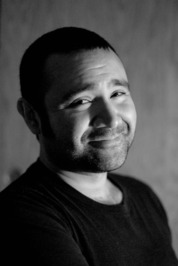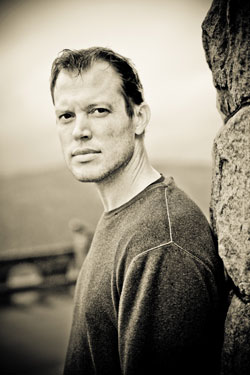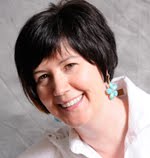Diane is the Founder and Chief Alchemist over at Pitch-University, a site devoted to teaching writers to pitch their books and make wise career decisions.
She also writes two columns here at Freelance-Zone:
- Marketing-Zone: Marketing Yourself and Your Book
- Fiction-Zone: Leaps in Fiction Mastery
1. How did you wind up a writer?
 The best way possible. I was a Reader. Yes, big ‘r.’ In fact, I was reading adult fiction by the 5th grade.
The best way possible. I was a Reader. Yes, big ‘r.’ In fact, I was reading adult fiction by the 5th grade.
But I’m not one of those writers who knew as an toddler they wanted to write. I only knew after graduating with a marketing degree and working as a Systems Engineer (Programmer) for 4 years. Yeah, then I knew.
What am I doing on a corporate death march? I’m supposed to be a writer!
And so I quit my job. (Don’t laugh. It only seems rash in hind-sight.)
2. Was the road to being a published writer what you expected? Why or why not?
Uh…No. No, no, no, no, no-no-no-no-noooooooooooooo,
So, no, I didn’t expect the years and years of rejection.
You have to remember, I’m a novelist. It can take years to complete a project. And then there are the years of rejection that can follow. The industry is changing now, but even now, the traditional publishers are a slow lot.
I can tell you, I’m extremely stubborn. That’s why I’m still here, and that’s saying something.
3. What has been your best moment or biggest accomplishment as a writer?
Well, I’ve co-owned a small press, had plays produced, founded and run large writers’ groups. And umpteen other things.
But my best moment is always the moment I know I just wrote a sentence that nailed it. I got to the truth of it, whatever it is, and no one else has ever said what I’ve just written in exactly that way.
Ultimately, I’m a storyteller. And when story and the writing of it transcends me, then that’s the moment I’m a better person for having written it. I’ve transmuted words into story, shaped experience into meaning, and participated in a form of myth-making that expands back thousands of years, and reaches forward into the future even longer than that..
That’s a pretty good moment.
I love everything about writing. And this ability to explore concepts and make meaning out of experience is not just found in storytelling, but it’s also present in any form of writing, including my articles here.
4. What has been your most difficult moment?
Being stuck. And writing and writing and writing every day, all day, yet only being more stuck. This is the sort of experience that breaks your heart, because it’s so illogical. So bad-bad-bad.
Creative careers have a downside that is related to how very much you care and how big you dream.There aren’t many careers where you can end up broken in exactly this way.
5. Can you share your top piece of writing advice with Freelance-Zone readers?
Be a lifetime writer.
Care deeply. Always be working toward mastery. Love your industry. Show up to your career with the attitude that you’re on the journey to greatness. Not acclaim. Not that kind of greatness. The greatness of an authentic, fully-explored, powerful interaction with readers.
Be that.





